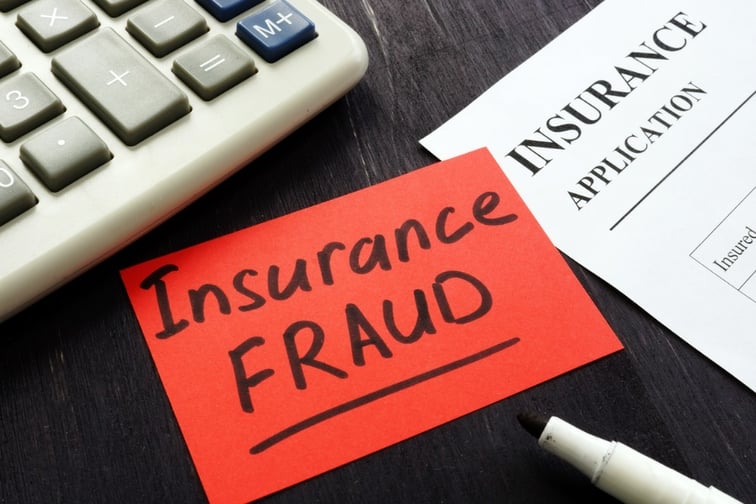Is It Illegal To Fake Your Own Death
“Is It Illegal To Fake Your Own Death” Faking one’s own death is a concept that has captivated human imagination for centuries, often depicted in literature, films, and folklore. While it may seem like an extreme and dramatic solution to various problems, the legal and ethical implications surrounding such an act are complex and multifaceted. This article explores the question: Is it illegal to fake your own death?
The Legal Landscape:

- Death Fraud Laws: In many jurisdictions, faking one’s own death is explicitly illegal. Death fraud laws are in place to prevent individuals from deceiving others and exploiting the legal and financial consequences of death. The act of intentionally providing false information about one’s demise can result in criminal charges such as fraud, identity theft, and forgery.
- Insurance Fraud: Faking one’s death often involves insurance fraud, as individuals might attempt to claim life insurance benefits or other financial payouts meant for beneficiaries. Insurance companies have stringent policies and investigations in place to prevent and detect fraudulent claims, making it a risky endeavor for those contemplating such actions.

- False Documentation: Creating false death certificates, obituaries, or other documents to support the fake death can lead to charges of forgery and document fraud. Legal systems typically take a dim view of falsifying official records, as it undermines the integrity of vital statistics and public records.
- Criminal Charges: Beyond fraud-related offenses, faking one’s death can result in additional criminal charges depending on the circumstances. For example, if someone stages their death to evade criminal charges or escape legal consequences, they may face charges related to obstructing justice or evading law enforcement.
The Ethical Dilemma:

- Impact on Loved Ones: Faking one’s own death has profound emotional and psychological effects on family and friends. The betrayal and grief experienced by those who believe they have lost a loved one can be devastating, leading to broken trust and strained relationships.
- Financial Consequences: Beyond the emotional toll, faking one’s death can have severe financial consequences for those left behind. Beneficiaries may lose access to legitimate insurance payouts, and the process of settling an estate becomes complicated when the deceased is, in fact, alive.
- Social and Moral Considerations: Faking one’s death raises broader questions about societal norms and moral boundaries. Is there ever a justifiable reason to resort to such extreme measures? The ethical implications of deceiving others on such a profound level prompt contemplation of the values that guide our interpersonal relationships and societal expectations.
Conclusion:
In conclusion, the legality of faking one’s own death is clear-cut in many jurisdictions, with numerous charges and legal consequences awaiting those who attempt such an act. However, the ethical dimension of the issue goes beyond legal frameworks, delving into the emotional and social ramifications for all parties involved. While the law provides a clear stance on the matter, the complexity of human relationships and the consequences of such actions make the question of whether it is “illegal” only one facet of a much larger and intricate ethical dilemma.



